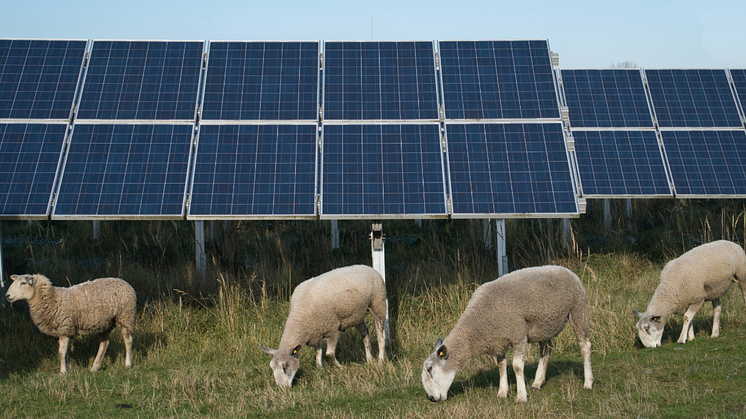Northumbria space physicist honoured by Royal Astronomical Society
Dr John Coxon, esteemed member of Northumbria University’s world-leading Solar and Space Physics research group, has been recognised by the Royal Astronomical Society for his work.
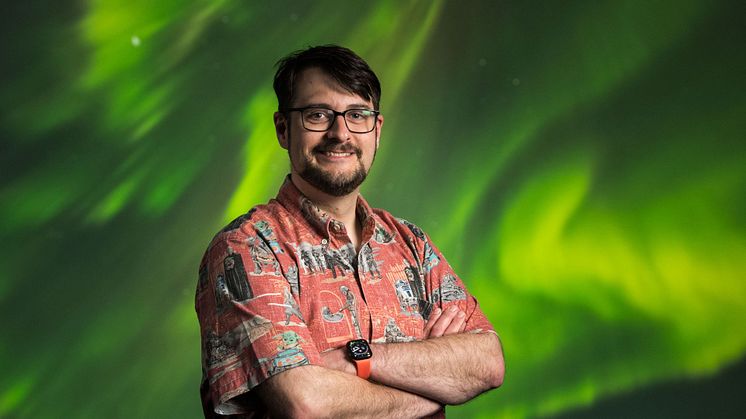
Dr John Coxon, esteemed member of Northumbria University’s world-leading Solar and Space Physics research group, has been recognised by the Royal Astronomical Society for his work.

The UK Centre for Polar Observation and Modelling (CPOM), based at Northumbria University, has been awarded over £400,000 by the European Space Agency (ESA) to investigate tipping points in the Earth’s icy regions, known as the cryosphere, with a focus on the Antarctic.
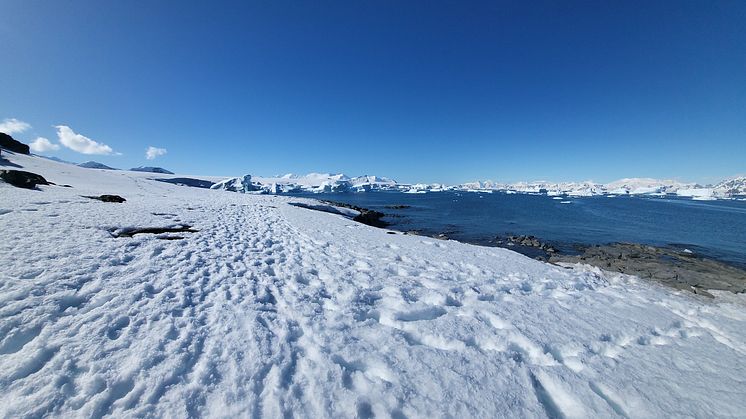
Northumbria University has been selected as the lead research partner to work with United Nations Volunteers (UNV) on producing the next State of the World’s Volunteerism Report (SWVR). The flagship United Nations (UN) publication is designed to strengthen global understanding of volunteering, while demonstrating its universality, scope, and reach in the twenty-first century.
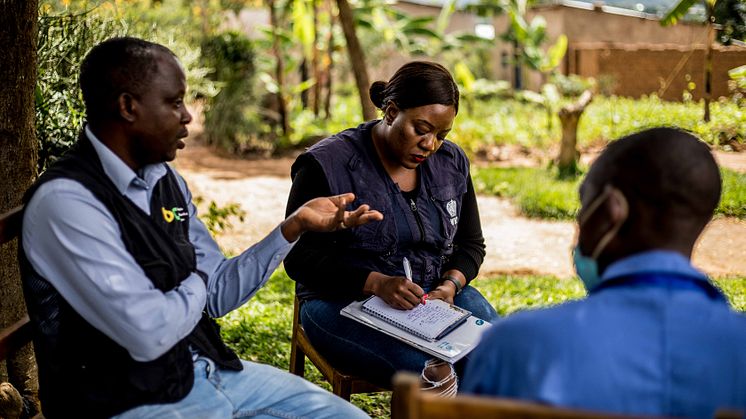
The director of Northumbria University’s Physiotherapy Innovation Laboratory has been awarded a prestigious fellowship worth over £1 million to lead research which aims to improve the mobility of people living with Parkinson’s disease.

A team led by researchers from Northumbria University have been awarded the 2024 Outreach Prize by the Microbiology Society in recognition of their efforts and commitment to raising awareness of microbiology among future generations.
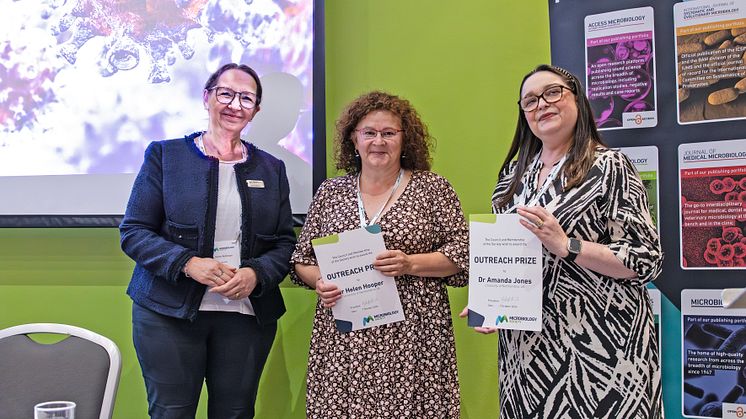
Following its part in the successful delivery of a £4.7 million, three-year government funded research consortium, Northumbria University aims to engage with companies eager to commercialise their waste streams, increase their efficiency and bolster profitability.

Northumbria University has announced a multi-million pound investment in its first university-wide high-performance computing facility which will give researchers access to state-of-the-art technology built to handle large scientific datasets at high speeds.
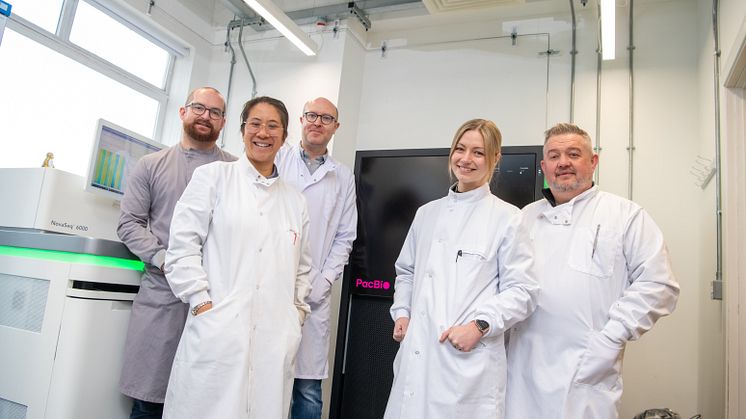
The North East space sector has received a 2.5 million investment from EPSRC, establishing the North East Space Communications Accelerator (NESCA) to enhance research, innovation, and skills in space technology, aiming to create jobs and stimulate economic growth over four years.

The Autumn 2024 edition of Northumbria University’s newspaper is available to collect on campus or read online now.

Ancient volcanoes continued to eject carbon dioxide into the atmosphere for millions of years after their eruptions ended, researchers have discovered.
A team of scientists have successfully carried out regular measurements of the outermost layer of the Sun’s atmosphere for the first time – giving us a much better understanding of the magnetic field within this region, known as the solar corona.
The Sun’s magnetic field plays a key role in shaping its atmosphere, with activity such as solar eruptions and the heating of the corona to millions o
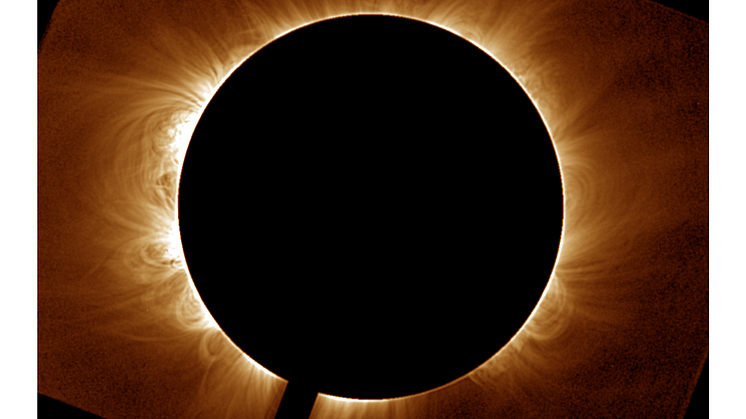
In this article originally written for The Conversation*, from Northumbria University, Associate Professor Matthew Pound, and PhD candidate in the Department of Geography and Environmental Sciences, Jessica McCoy, discuss the change in UK climate.
In this article originally written for The Conversation*, from Northumbria University, Shanfeng Hu, Assistant Professor, Computer and Information Sciences, and Mark Middling, Assistant Professor of Accounting, discuss the effect of AI on VAR offside calls in Premier League matches.
Since the 1960s, astronomers have wondered how the Sun’s supersonic “solar wind,” a stream of energetic particles that flows out into the Solar System, continues to receive energy once it leaves the Sun. Now, thanks to a fortunate line up of two spacecraft currently in space studying the Sun, they may have discovered the answer.
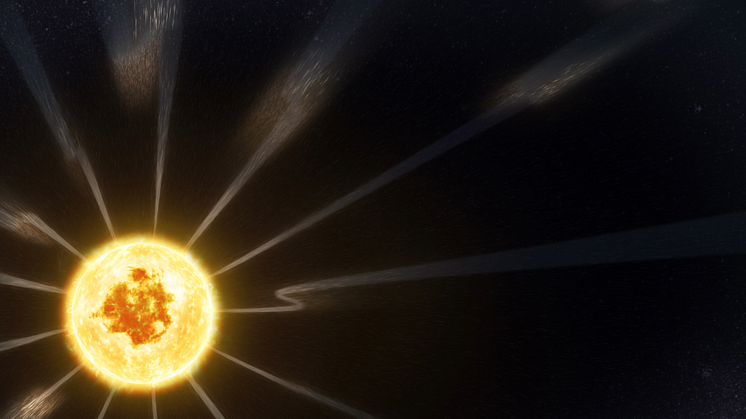
Judges at the North East Business Awards have named Professor John Woodward as the Business Person of the Year for Northumberland and Tyneside for his work to develop the new North East Space Skills and Technology Centre at Northumbria University.
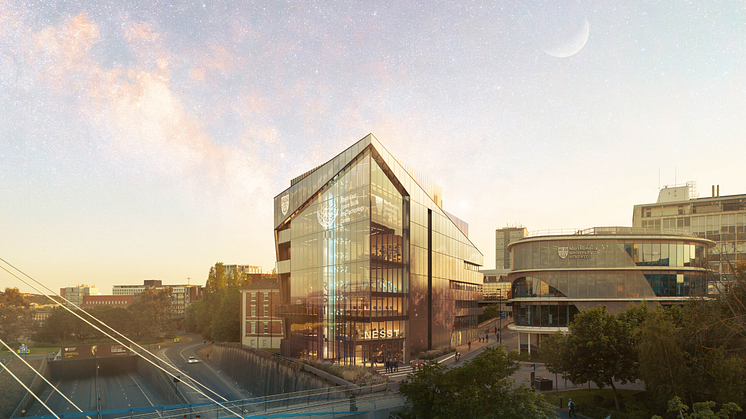
Ground Penetrating Radar software developed by academics at the universities of Northumbria, Edinburgh and Aberdeen has been chosen by technology giant, Google, to be part of its prestigious Summer of Code mentor scheme for the fourth time.
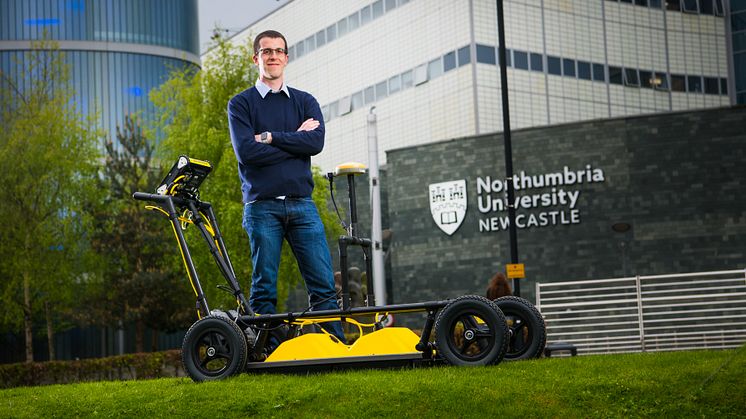
Visitors to Newcastle's Life Science Centre can participate in a study to help astronauts on the Artemis Moon exploration program. By applying K-tape to astronauts’ ankles, it is believed balance on the Moon's surface can be improved. Results will be shared with the European Space Agency. Northumbria University is leading space innovation.
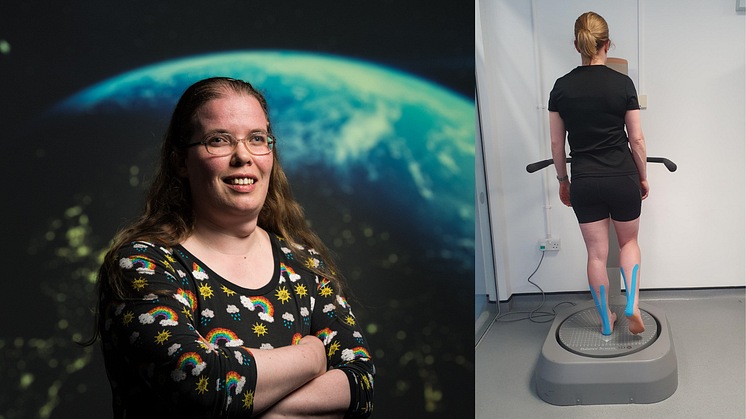
Scientists using data from the Solar Orbiter spacecraft have made progress in understanding the origins of the 'slow' solar wind, shedding light on how it forms and leaves the Sun. This research helps explain the variability and complexity of the solar wind, providing new insights into its behavior and composition.
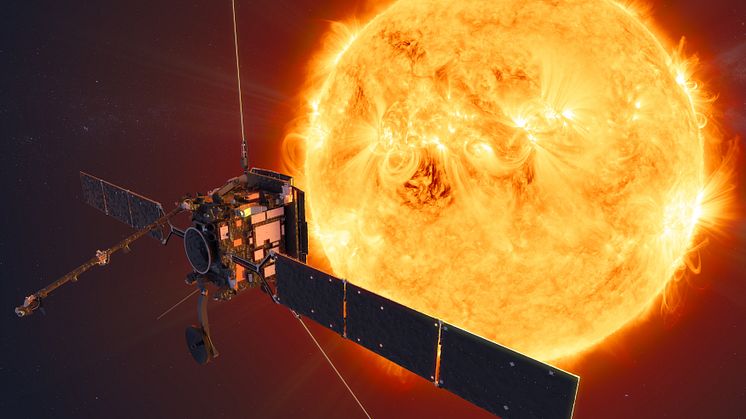
An Early Career Researcher from Northumbria University has been recognised by the Royal Geographical Society (with the Institute of British Geographers) with one of 26 medals and annual awards presented to outstanding people and organisations for their notable contributions to geography.

Economists and environmental scientists from Northumbria University have joined forces with regional leaders across the North East to co-design a renewable energy toolkit.
